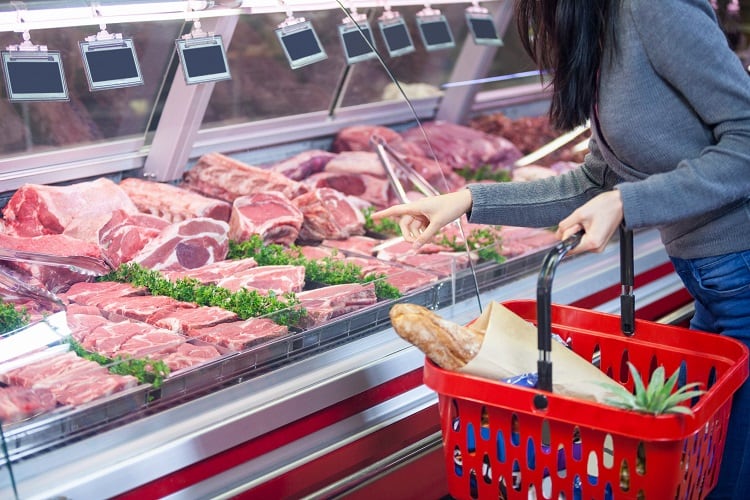According to a report (downloadable here) from SAPEA (Science Advice for Policy by European Academics), Europe’s leading scientists agree that a radical change is coming in how we produce and distribute food, to ensure food security and deliver healthy diets for all.
SAPEA is part of the European Commission’s Scientific Advice Mechanism, which informs the Scientific Opinion from the European Commission’s Group of Advisors, which in turn will inform the Commission’s new ‘Farm to Fork strategy for a sustainable food system’.
The report claims to lay out the social science evidence on how that transition can happen in an inclusive, just and timely way. It concludes that the key steps towards the new model are not only to reduce food waste and change our consumption patterns — but also to recontextualise how we think about food in the first place.
Professor Peter Jackson, the chair of the working group that wrote the report, said: “Food is an incredibly complex system, with social, economic and ecological components. Yet, it contributes significantly to greenhouse gas emissions and plays a key role in driving climate change. The food system is responsible for around a third of global greenhouse gas emissions. The UN’s Food and Agriculture Organisation estimates the annual financial cost of wasted food to be €900 billion in economic costs and an additional €800 billion in social costs. That’s why ‘business as usual’ is no longer an option.”
Policy implications?
“Our report doesn’t stop at highlighting the problems, which are now widely recognised. It also provides a range of evidence-based examples about how the transition to a sustainable food system can happen,” said Jackson.
For example, the report noted that a so-called ‘fat tax’ in Hungary was ‘moderately successful’ in improving the nation’s diet. It praised the FoodCloud start-up in Ireland which, since being established, has diverted over 22,000 tonnes of food - which it estimates contributes 72,727 tonnes in carbon savings and 50 million meals. However, the report added the technology behind FoodCloud is necessary but alone insufficient to sustain the redistribution social enterprise. It added: “There are also concerns that extending surplus food redistribution to address food insecure populations is effectively creating a sticking plaster response to a wider system-level issue.”
The report further observed that Denmark had was the most successful organic food market in the world owing mainly to government intervention.
Taxation and legislation: ‘key ways to drive change’
The report concluded that “taxation and legislation are key ways to drive change”, while European policies in agriculture and fisheries offer “great opportunities for developing robustness and sustainability in food production”.
It added that the transition to a more just and sustainable food system needs to be coordinated at multiple levels of governance and involve a range of actors in both land-based and marine environments.
“To change how our society consumes food, we must first change people’s routines, habits and norms. Behaviour change is best effected with joined-up actions, addressing groups rather than individuals,” it said.
The report noted that about half of the European population suffers some form of micronutrient deficiency. Problems of being overweight and obese are increasing rapidly in most EU member states, with estimates of 51.6% of the EU’s population (18 and over) being overweight in 2014. This can have a significant impact on healthcare systems, it observed.
“Adopting a systems-based approach helps recognise synergies and trade-offs, moving beyond linear ‘farm-to-fork’ approaches, to more circular, inclusive systems. The approach also seeks connections across the food system, including waste reduction and stimulating healthier diets. Power asymmetries, complex governance arrangements and regulatory challenges are also identified as hindering the development of more joined-up systems thinking.”





